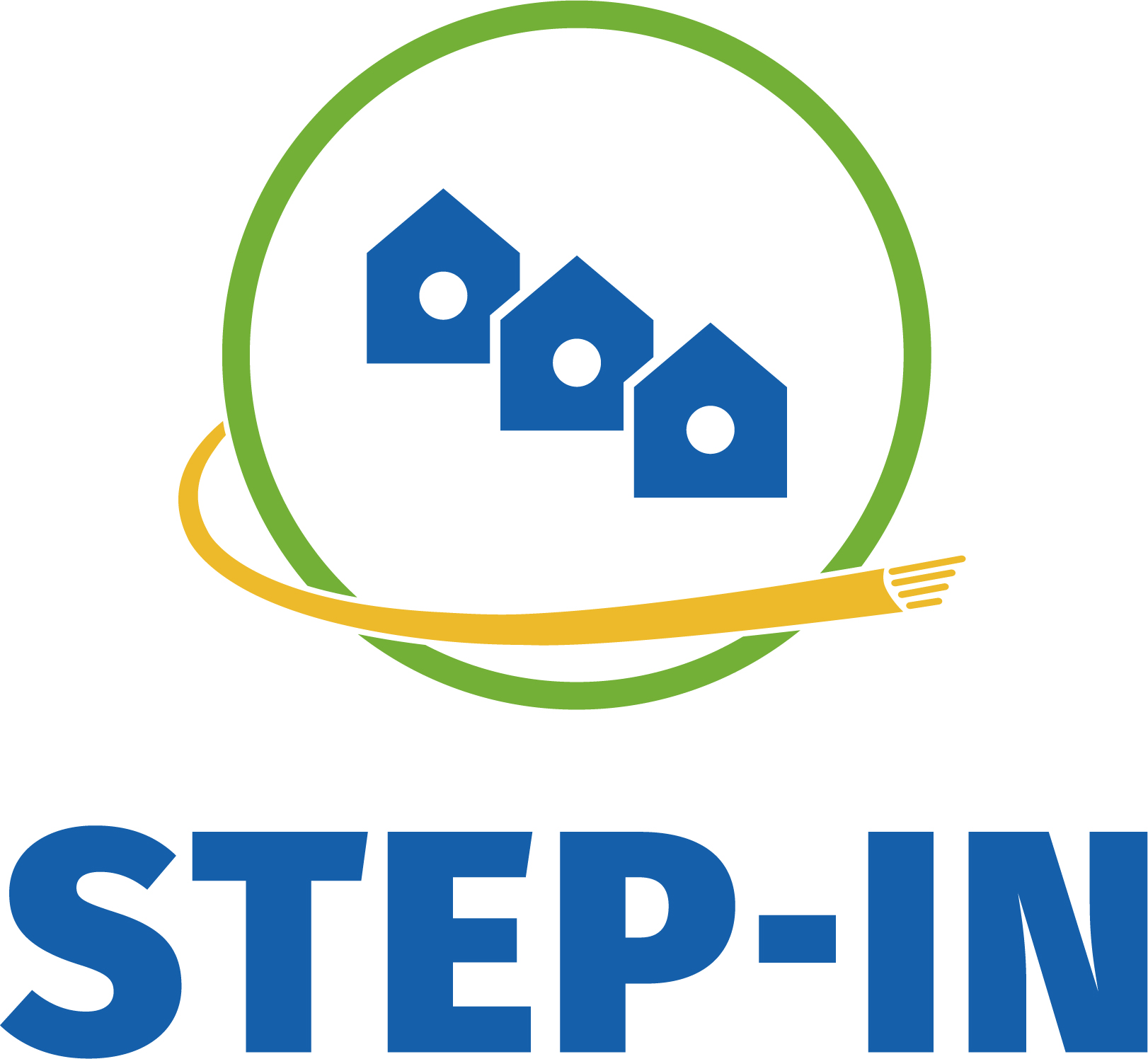

 0
0


European Commission – Executive Agency for Small and Medium-sized Enterprises (EASME)
€ 1 999 990
June 2018 – March 2021
Rafaila Grigoriou
STEP-IN developed a global methodology for the effective analysis and tackling of energy poverty in three highly challenging locations with diverse characteristics across Europe including: a mountainous region in Greece, a rural area in Hungary and an urban area in the UK with low quality housing. Within each of these areas a living lab was set up which brought together local experts and stakeholders with energy vulnerable consumers (e.g. low income households, elderly people, single-parent households). These labs consisted of a range of approaches including energy cafes, advisor visits and ICT systems. The ICT tools provided by STEP-IN supported consumers, advisors and local stakeholder organisations to make effective decisions. The energy advice provided sought to minimise rebound effects and environmental impacts.
STEP-IN developed a pan-European Network of Interest (NoI) involving 46 stakeholders from key target groups, i.e. academia and think-tanks, EU and national policymakers and regulators, local and regional authorities, consumers and advocacy groups, industrial representatives and practitioners. The integration of insights drawn from the NoI was key for STEP-IN to develop policy recommendations for the effective analysis and tackling of energy poverty and to ensure long-term benefits for energy poor communities.
VaasaETT were work package leaders for network and community management (communication and dissemination), task leaders for the design and implementation of the project stakeholder engagement strategy, and contributors to the ICT Solutions for Energy Poverty Assessment and Reduction WP including user experience surveys, and ICT knowledge base structure.
The project final video outlines the challenges the project addresses, project structures and methodologies and can be found here:
STEP-IN developed an adaptable methodology for living labs. Our living labs operated in three European countries (UK, Hungary and Greece). The iterative approach, strong stakeholder network and local management allowed each living lab to provide solutions which best suited the citizens involved.
The Living Lab factsheets outline achievements in each project area and can be accessed here:
STEP-IN mountainous LL final factsheet
STEP-IN rural LL final factsheet
STEP-IN urban LL final factsheet

This project has received funding from the European Union’s Horizon 2020 research and innovation programme under grant agreement No 785125.

